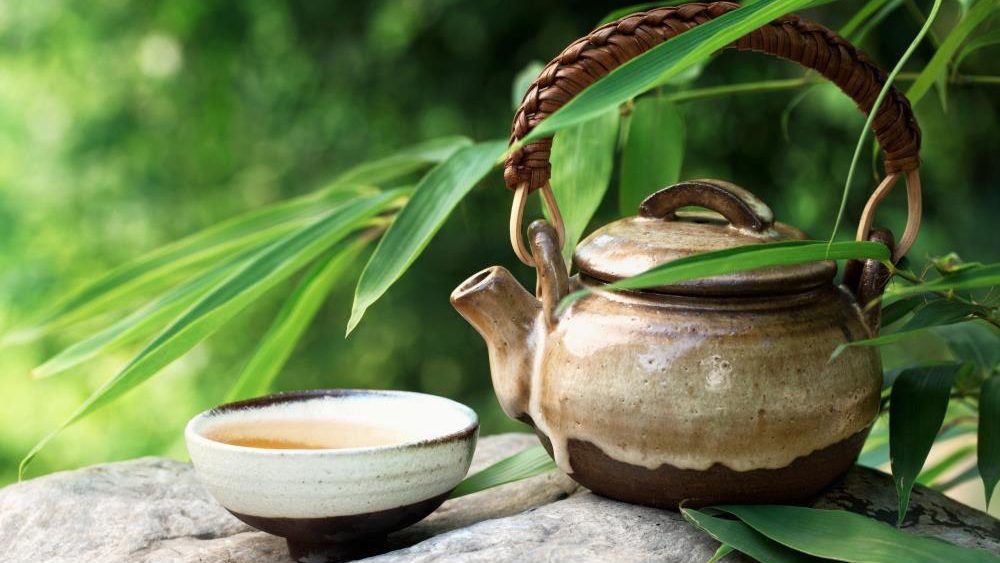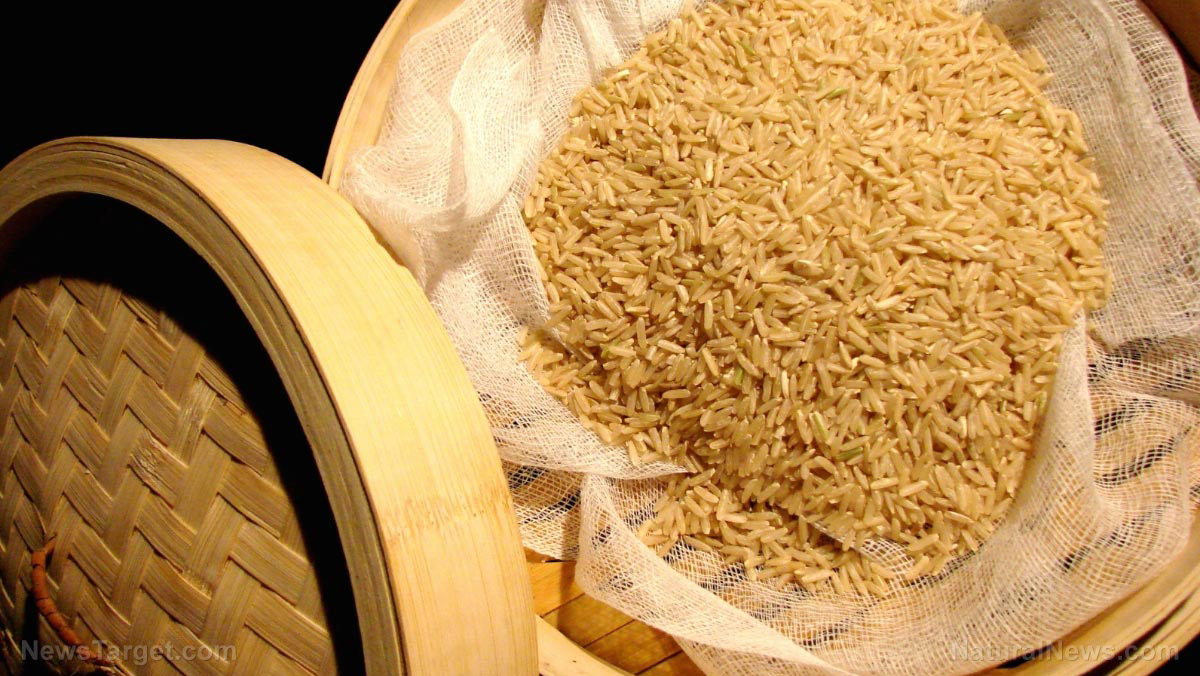
Advertisement
If you’re new to tea culture, the many different varieties, from black to green to white teas, can be overwhelming. But while there is more scientific data on the health benefits of green tea, it shares similar pros and cons with white tea, another beverage that comes from the same tea plant (Camellia sinensis).
The difference between green tea and white tea
Green tea is wilted in shade, then is either steamed or fried in a pan. The taste of green tea will vary depending on several factors, like where the tea leaves were grown, harvested, and processed. Green teas that have been steamed have a bittersweet aftertaste, while other teas are usually sweet.
Most green teas can be divided into two types: Chinese tea (e.g., gunpowder green tea, Long Jing/Dragonwell) or Japanese tea (e.g., matcha green tea, Gyokuro green tea).
They may come from the same plant, but the colors and differences between green and white tea are determined by the degree of withering and oxidation that the teas have withstood. Both tea varieties are full of polyphenols, which are antioxidant plant compounds that offer various health benefits.
White tea, which originated from China, is a very lightly oxidized tea derived from the leaves and buds of the tea plant. It is named after the wispy, white-silver hairs on the unopened buds of the tea plant. White tea is neither white nor silver. Instead, it is faint yellow in color with a mild and smooth flavor.
White tea is first dried directly under the sun, then it is dried indoors. The lack of processing allows the tea to retain its whitish color, especially when it is made from tea buds.
White tea is lighter or paler in color compared to green tea. Some types of white tea include Eyebrow White Tea (“Shou Mein”), Silver Needle White Tea (“Bai Hao Yin Zhen”), and White Peony (“Bai Mudan”).
White tea has a lower caffeine content compared to green tea. White teas from Fujian, China, often contain around 15 milligrams (mg) of caffeine in every cup. Meanwhile, green teas have about 20 mg per cup.
Either way, a cancer-preventive drink
Research findings suggest that white teas may be better at cancer prevention compared to green tea. In a 2000 study conducted by the Linus Pauling Institute, researchers tested four different kinds of white tea on rats to determine if it could prevent colon cancer.
The study results revealed that white tea has more polyphenols and that it can minimize damage to DNA. This is crucial because this type of cell damage usually causes cancer. The scientists advised that further study is required to confirm if white tea offers the same benefit in humans.
Additionally, polyphenols in white tea can boost immunity, prevent bad cholesterol from becoming oxidized, and relax blood vessels. These factors can help minimize your risk of heart disease.
Experts suggest that green tea can help prevent the growth of cancer cells in breast, esophageal, prostate, and stomach cancers. Green tea can also help prevent atherosclerosis and the incidence of high cholesterol, which may also reduce your risk of developing heart disease.
Green tea also has fat-burning abilities. In a 2012 report, which was published in the Journal of Indian Society of Periodontology, researchers said that green tea can help minimize the inflammation and bacteria associated with gum disease. (Related: Catechins in green tea found to improve symptoms of metabolic syndrome in obese people.)
Both green and white teas are low in calories, as long as you consume them without added sweeteners or milk. Drink either tea if you want to lose weight naturally.
Since both teas are lightly processed, they are considered “raw” teas. Lightly processed teas may upset your stomach, especially if you drink these beverages when your stomach is empty. To avoid this, drink tea at least 30 minutes after you eat a full meal.
Consider these factors before you decide on what kind of tea you wish to consume. Whether you choose green or white tea, you can rest assured that you will reap health benefits such as cancer prevention and better heart health.
Sources include:
Advertisements







